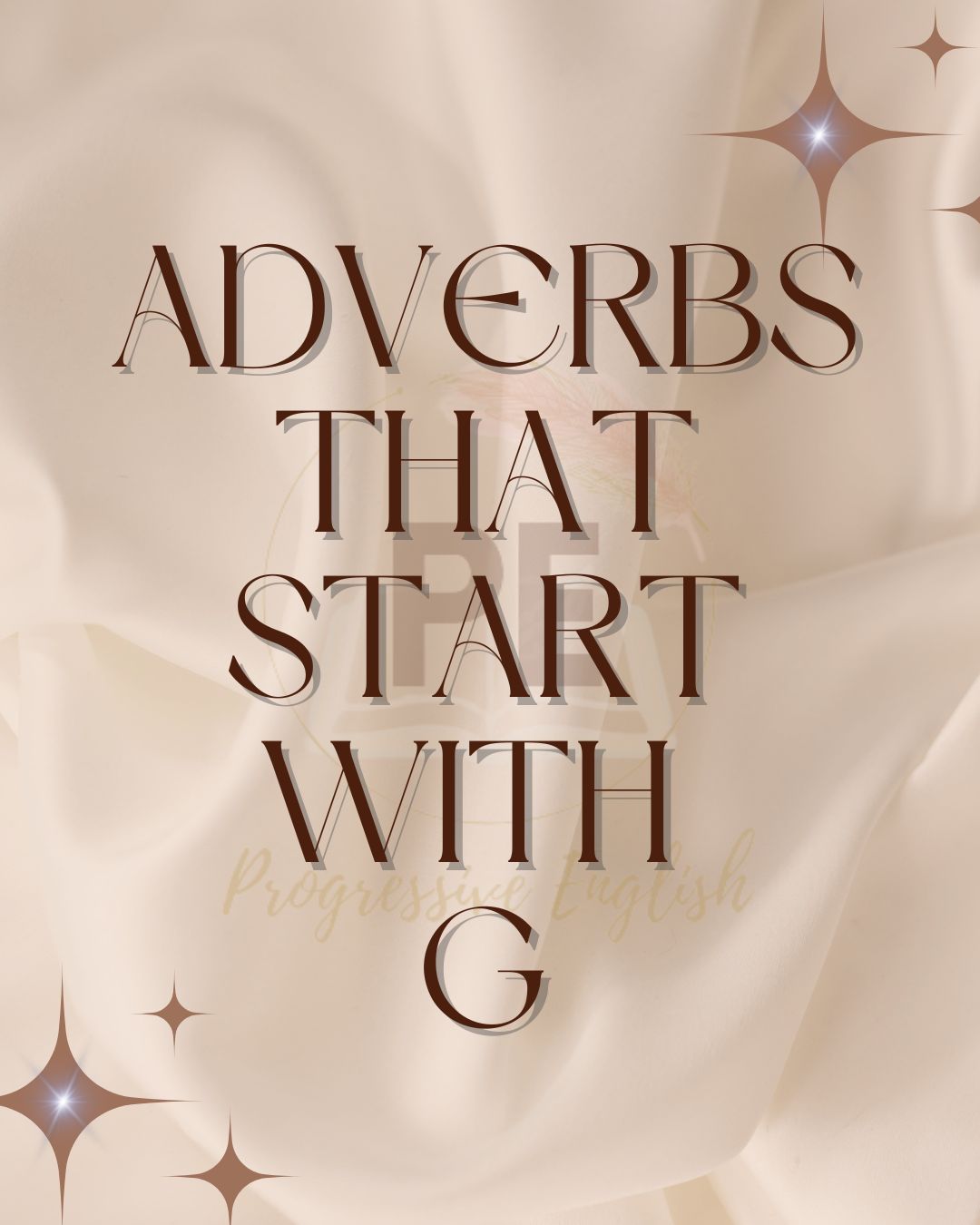There are two forms of Questions: YES/NO questions and the other one is Wh question.
In Grammar, a “Wh word” is one of the function word which is used to begin a Wh question: what, who, whom, whose, which, when, where, why and, how.
Wh words can be present in both direct questions and indirect questions.
These words are also called interrogative sentences.
Interrogative sentences are used for specific qualities, times, places, people and so on.
All Wh questions usually start with a word beginning with wh , but “how” is also included in it.
The wh words are:
what, when, where, who, whom, which, whose, why, and how as well.
Below is a list of some question words with examples.
1. QUESTION WORD
WHAT
USES
WHAT Ask for information about specific thing, object.
FOR EXAMPLE
What is your name?
What is your school’s name?
2. QUESTION WORD
WHAT…FOR
USES
Ask for a reason, Asking why
FOR EXAMPLE
What? I can’t hear you clearly.
What did you do that for?
3. QUESTION WORD
WHEN
USES
Ask about time, occasion, and moment
FOR EXAMPLE
When did they leave?
When did you go?
4. QUESTION WORD
WHERE
USES
Ask about at what place or position
FOR EXAMPLE
Where do you live?
Where is tom live?
5. QUESTION WORD
WHICH
USES
Ask about choice and alternative
FOR EXAMPLE
Which size do you want in that dress?
6. QUESTION WORD
USES
WHO
Ask about what or which person or people
FOR EXAMPLE
Who is this guy?
7. QUESTION WORD
WHOSE
USES
Ask about ownership
FOR EXAMPLE
Whose turn is next?
8. QUESTION WORD
WHY
USES
Ask for reason, Ask what…for
Used to obtain an explanation
FOR EXAMPLE
Why do you need this?
9. QUESTION WORD
WHY DON’T
USES
Use for making suggestion
FOR EXAMPLE
Why don’t I do that for you?
10. QUESTION WORD
HOW
USES
Use for asking about manner, way and form
OR
Ask all about condition or quality
FOR EXAMPLE
How does this work?
How was your paper?
11. QUESTION WORD
HOW+ adj/adv
USES
Use to ask about extent or degree
See examples below
HOW FAR Use to ask about Distance
How far is your home from jack’s home?
HOW LONG Use to ask about time or space How long will it take?
HOW MUCH Use to ask about Quantity (uncountable) Price
How much money do Ali have in his pocket?
HOW MANY Use to ask about Quantity (countable)
How many cars are there in the garage?
HOW OLD Ask about age
How old is he?
HOW OFTEN Use for frequency
How often do you go for a walk?
If you want to know about a fact/ person/ place/ manner… you use Wh words to know about them.
These questions are used for seeking content information relating to person, fact, thing, time, place, reason, and manner, etc.
Forming wh questions
With an auxiliary verb:
Sometimes we use wh questions with an auxiliary verb (be, do or have) + subject + main verb or with wh a modal verb + subject + main verb:
Be:
When are you leaving?
Who’s been paying the bills?
Do:
Where do they live?
Why didn’t you call me?
Have:
What has she done now?
What have they decided?
Modal:
Who would she stay with?
Where should I park?
Without an auxiliary verb:
When what, who, or whose is that the subject or a part of the topic, we tend to don’t use the auxiliary. We tend to use the ordination subject + verb:
What fell off the wall?
That horse won?
Who bought this?
Whose phone rang?
Adding stress to wh questions
We can include stress to wh questions in speaking by stressing the auxiliary verb “do”. We tend to sometimes do that {when we tend to|once we|after we} haven’t already received the data that we expected from Associate in earlier question, or to indicate robust interest.
The wh words are the object of the sentence, the do auxiliary is stressed to form it a lot of emphatic in sentence:
A:
How was your weekend in Edinburgh?
B:
I didn’t move to Edinburgh.
A:
Really! wherever did you go?
B:
We determined to travel to urban center instead.
The wh word is that the subject of the sentence, we will add the auxiliary do to form it emphatic. We tend to stress do:
A:
Ronald value lives in this house, doesn’t he?
B:
No. He has withdrawn.
A:
So WHO will live there? (Non emphatic question: therefore WHO lives there?)
B:
Actually, his son lives there currently.
Adding a wh word at the top of a press release to form an issue
Spoken English:
In speaking, we will typically flip wh questions into statement questions:
What’s today’s date? Or Today’s date is what?
We do that particularly once we are checking info that we’ve already been given or once we wish to quickly check a selected detail. These questions are less formal than full wh questions:
A:
You’re travel with Who? (More formal: WHO are you travel with?)
B:
With Larry. We’re really occurring our bikes.
A:
And she’s here till once? (More formal: And once is she here until? or perhaps a lot of formal: till when is she here?)


